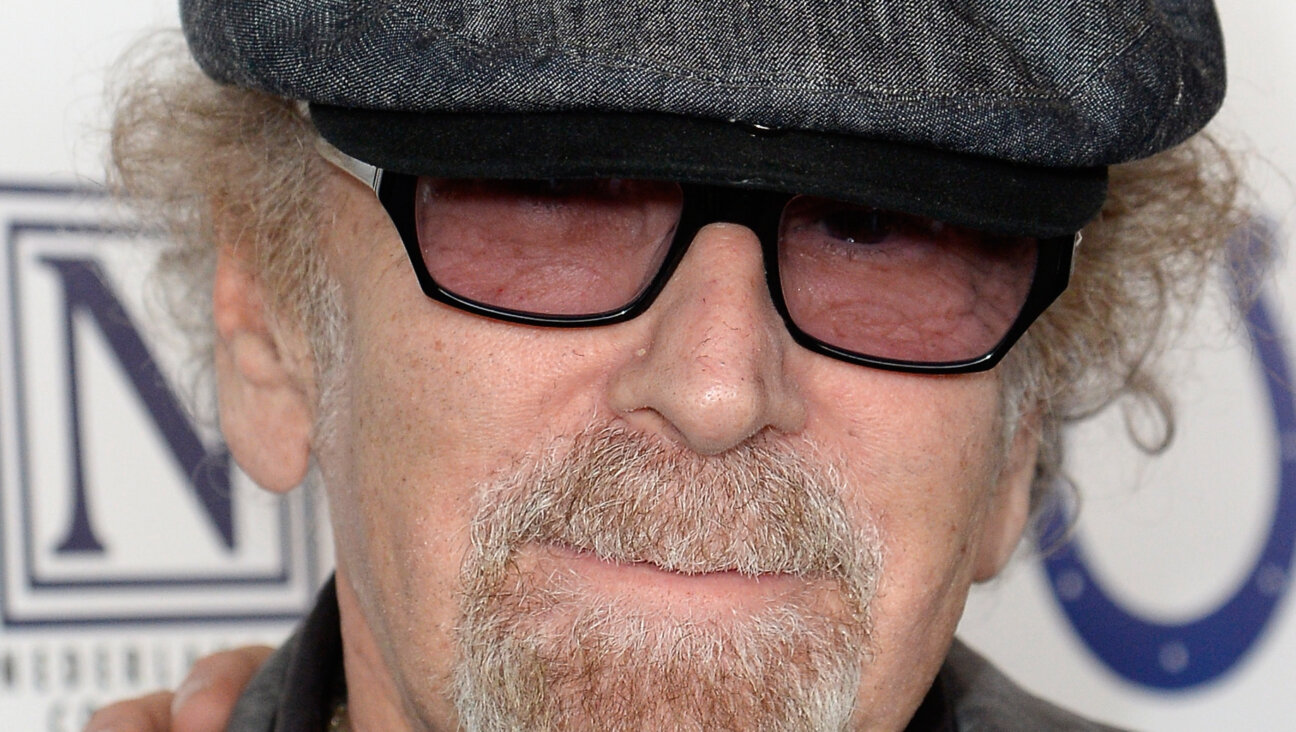Swimmers Who Made Their Mark –– Out of the Pool
In the summer of 1936, as the world’s greatest athletes convened in Berlin for their quadrennial competition, the Austrian contingent was lacking its champion swimmer, a young woman who had broken 12 national records that year. The athletic entourages of all the countries of the world streamed past the viewing stand in Berlin’s Olympic Stadium, paying homage to German chancellor Adolf Hitler with a brisk Nazi salute, but Judith Deutsch remained home in Vienna. Recently Deutsch had been honored with the Golden Badge, a prize given to the country’s top three athletes, but by the end of that year, as a result of her decision not to participate in the Nazi Olympics, she was banned for life from competitive swimming, and her records stripped.
Vienna was no stranger to antisemitism. In fact, since Jews had long been banned from Viennese sports clubs, they had formed the Hakoah (Hebrew for “the strength”) Vienna Sports Club in 1909. Hakoah became famous for the triumphs of its men’s soccer team, but its real strength lay in its female swimmers, clad in blue-and-white suits with Jewish stars proudly sewn into the centers, who regularly constituted a significant portion of Austria’s Olympic teams. The story of Hakoah’s 1930s swimmers, their existences before and after the destruction of Viennese Jewish life, is the stuff and matter of Yaron Zilberman’s superb new documentary, “Watermarks,” opening next week at New York’s Quad Cinema.
Zilberman’s idea was to reunite the surviving Hakoah swimmers, scattered to the four winds after the Anschluss, and bring them back to Vienna for one last swim. “Watermarks” avoids that scourge of documentary filmmaking, talking-head disease, by structuring itself around the swimmers’ return to Vienna. Mixing found footage with interviews, “Watermarks” is an essential corrective to the myth of the European Jewish weakling, and a potent reminder of the shock of expulsion from one’s city of birth. It is also a record of the now-forgotten history of European Jewish athletics.
In Vienna, the women, some accompanied by husbands and family members, walk the streets of the city, attend a cabaret performance where a young singer performs a song called “O Buchenwald,” and have a strange encounter with a taxi driver, who, on being informed that the Austrian government had expelled the country’s Jews, responds by way of explanation that “You weren’t German, so to speak.” The trauma of 1938 has never dissipated, only jostled to the side by new lives led elsewhere.
Every one of the Hakoah swimmers was saved — smuggled abroad by the efforts of Hakoah President Valentin Rosenfeld. In one of the most emotionally wrenching scenes of this powerful film, we hear part of the first Hakoah exile newsletter, sent out by Rosenfeld: “Dear Hakoah members, I hope that you all are well, and feel welcome in your new countries….”
Both in the photographs from the 1930s and their contemporary incarnations, it is striking to note just how vibrant, how full of life, these women are. Emerging from their dressing rooms in their trademark blue-and-white suits, reunited in a Viennese pool for the first time since 1938, the women crawl through the water, at first tentatively, then with increasing vigor. The music fades, and each of the women paddles left, offstage, as the screen fades to black. By giving voice to these remarkable women, “Watermarks” has told a fascinating and little-known story of European Jewish life in the years before the Holocaust drew the curtain over all such frivolities. Each of these women has courageously swum backward, into memory, and into history, to retrieve Hakoah; and this strength, so vividly on display here, allowed them to snatch their swimming trophies, and a modicum of grace after the horrors of the Anschluss.
Saul Austerlitz is a freelance writer in New York City.
A message from our Publisher & CEO Rachel Fishman Feddersen

I hope you appreciated this article. Before you go, I’d like to ask you to please support the Forward’s award-winning, nonprofit journalism so that we can be prepared for whatever news 2025 brings.
At a time when other newsrooms are closing or cutting back, the Forward has removed its paywall and invested additional resources to report on the ground from Israel and around the U.S. on the impact of the war, rising antisemitism and polarized discourse.
Readers like you make it all possible. Support our work by becoming a Forward Member and connect with our journalism and your community.
— Rachel Fishman Feddersen, Publisher and CEO




















